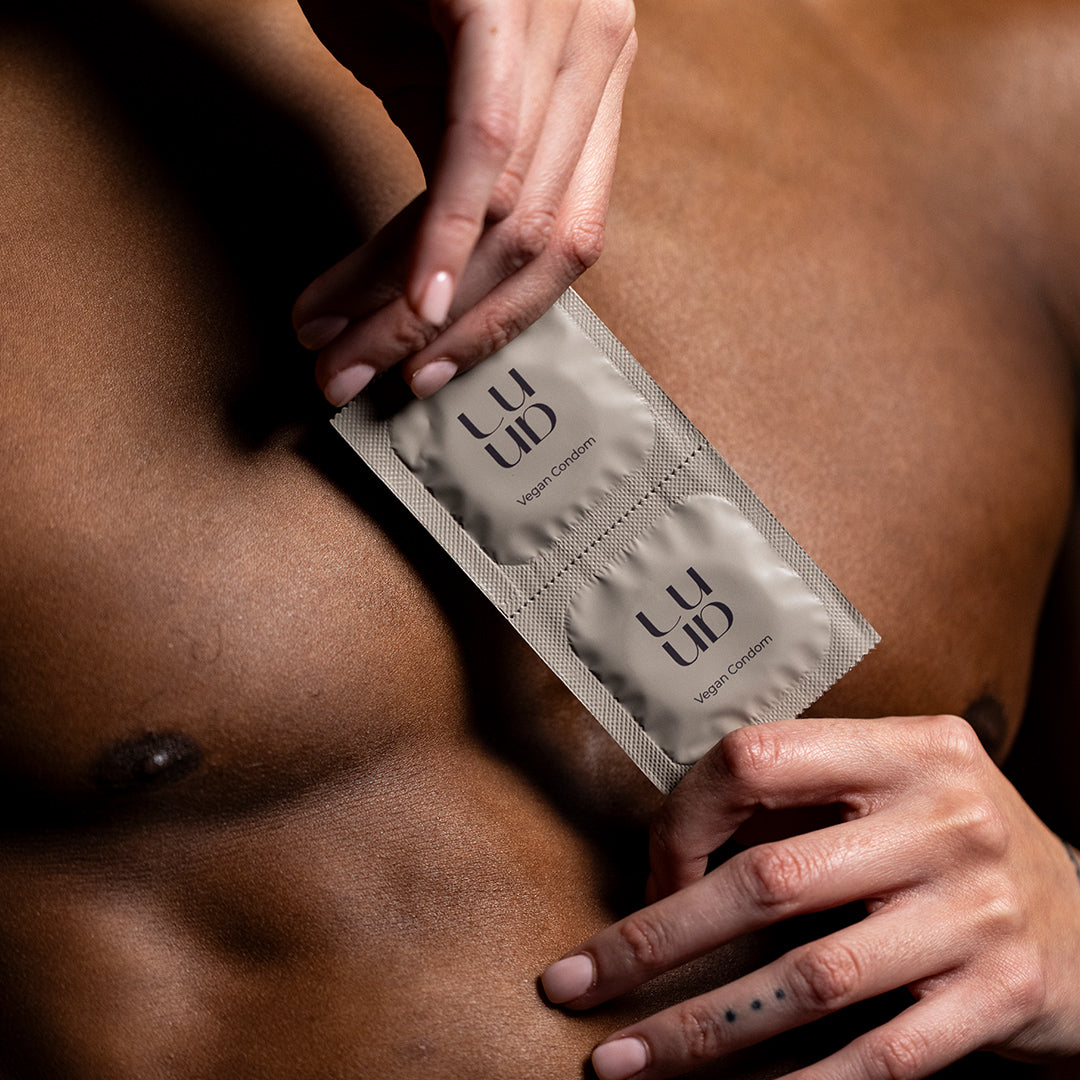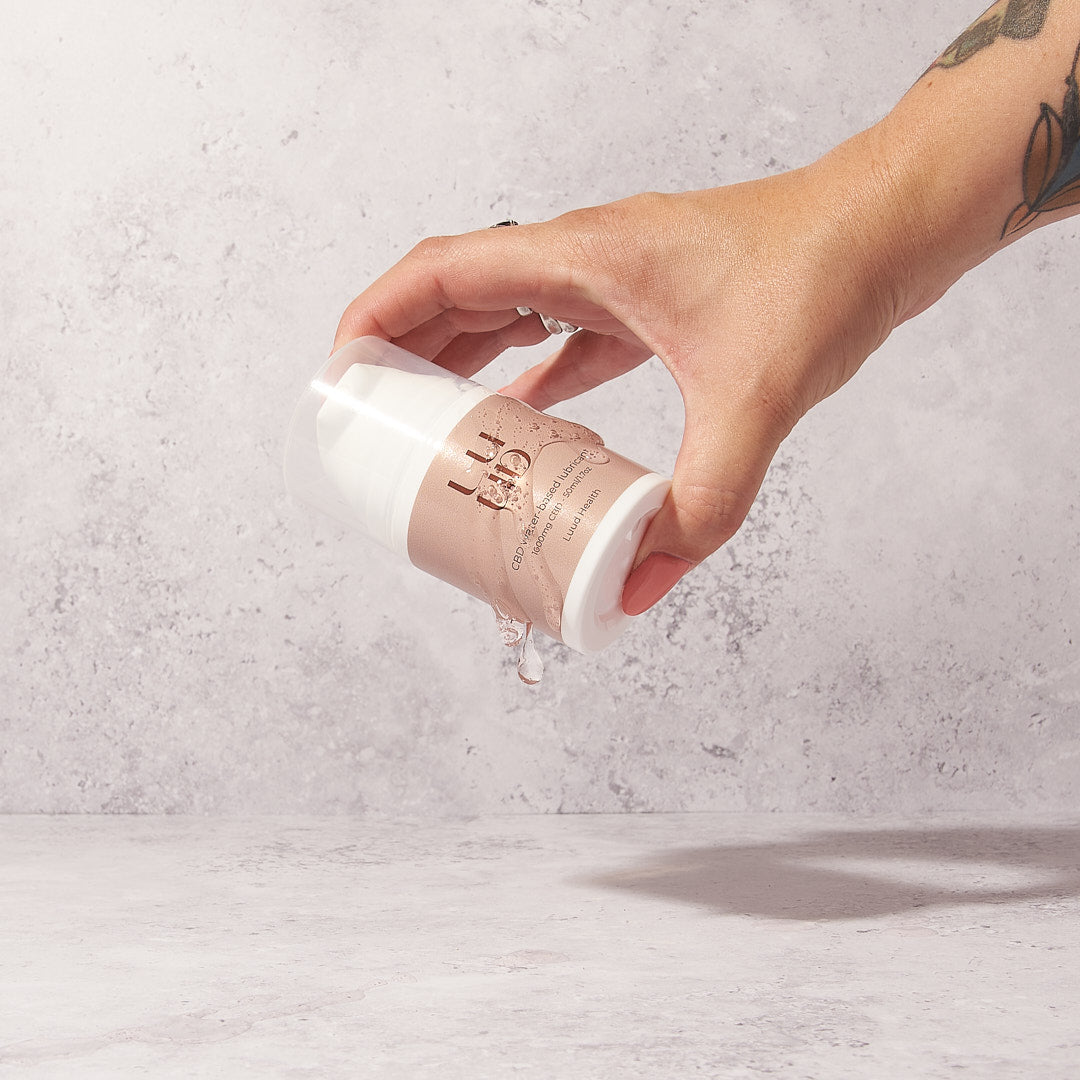If you are busy Googling 'How do I know If I've got chlamydia?' or ‘Chlamydia testing near me’, you've come to the right place. We’re going to dig deeper than that because digging deeper equips you with knowledge - the knowledge to put your mind at ease.
According to the CDC’s report of 2018, around 4 million people suffered from chlamydial infection, making it the most frequently reported sexually transmitted infection. You see, it’s perfectly common. Chlamydia doesn’t often display as prominent symptoms in the early stages. Around 90% of men and women are asymptomatic, which means you can pass the infection to your sexual partner(s) unknowingly. However, maintaining good sexual hygiene can decrease the risk of getting chlamydia.
Let’s delve a little deeper into this common infection.
How One Gets Chlamydia
Anyone who is sexually active can get chlamydia. It's passed on easily by:
- Having vaginal, anal, or oral sex with someone who has chlamydia
- Having genital contact
- Newborn babies can acquire the infection during childbirth
- You can get chlamydia in your eye through oral or genital contact (much less common)
How Do I Know If I've Got Chlamydia?
Chlamydia Symptoms in Men
Chlamydia affects males and females differently. STD testing for men is a bit different than women’s. Most people don’t experience any symptoms, but if they do, they usually appear between 1 to 3 weeks after having sex. Here’s some symptoms for guys:
- Cloudy or watery discharge from the penis
- Pain when urinating
- Pain and swelling around the testicles
- Burning around the opening of the penis
- Itching in the urethra
- Rectal pain (less common)
- Rectal Bleeding (less common)
Chlamydia Symptoms in Women
Some women don’t show symptoms. If only that was the case for burning during weeing - oh the burn! Some show symptoms after several months. According to the CDC, only 5 to 30% of women experience chlamydia symptoms. Here’s some symptoms for women:
- Pain or burning while urinating
- Pain or bleeding during intercourse
- Heavier periods
- Lower belly pain, especially while having sex
- Abnormal vaginal discharge with strong smell
- Rectal bleeding (less common)
- Rectal pain (less common)
- Rectal burning (less common)
- Bleeding between periods
What Happens During a Chlamydia Test?
This is the normal route through a clinic or GP.
If you are a woman, the healthcare provider will rub a cotton swab to take sample cells from your vagina, urethra, cervix, or anus. In some cases, healthcare providers will recommend you to test yours at home using safe testing kits. Your healthcare provider will ask if you are experiencing any symptoms, how you are keeping yourself protected during the intercourse, whether you previously suffered from the infection or if your previous partner(s) had it.
STI testing for men seems scary because, just like women, people are not ready to talk about men’s sexual health either. A healthcare provider will swab the head of your penis with a sterline agent and insert a swab in your urethra at the tip of your penis. They may also rub a cotton swab to take sample cells from your anus, mouth, or testicles.
The healthcare provider might test your urine sample—it is as simple as peeing in a cup. All you have to do is wipe your genital area and collect the sample.
Urine tests are faster to analyze as compared to swab tests. However, swab tests give more accurate readings.
Luud Health makes it easy to take a chlamydia test with our home testing kits. Check out our video to see just how simple it is, and then order your kit. You will receive your test results directly to your dashboard when you create a Luud Health account.
Busting Chlamydia Myths
It is incredibly convenient to find information online, but with information come misconceptions regarding sexually transmitted infections that people believe as ‘facts.’ Here are the 5 chlamydia myths that you need to stop believing:
- Chlamydia Goes Away on Its Own
No, it doesn’t. There’s a difference between having a fever and suffering from a sexually transmitted infection. It doesn’t go away automatically. If you are asymptomatic, you might never know that you have it. It can lead to infertility. However, it's so simple to treat with antibiotics if caught early, so let’s get proactive on the testing.
- Once You Are Treated, There’s No Way You Can Have It Again
Chlamydia doesn’t work like chickenpox—where you get it once, and you know that you are safe for life now. STIs don’t work that way and, there’s no vaccination or treatment to become immune to the disease. However, if you take preventive measures, the infection won’t recur.
- You Can’t Get Chlamydia From Oral Sex
There’s a higher chance of chlamydia getting passed on through intercourse and anal sex. However, you can still catch it through unprotected oral sex—and not just chlamydia, but other sexually transmitted diseases like herpes, syphilis, hepatitis, and gonorrhea. To stay on the safer side, reach for a condom from start to finish.
- You Can Spread Chlamydia After Getting Antibiotics
If you have taken antibiotics, you will not spread chlamydia. However, it is recommended not to indulge in any sexual activity until you are cured and tested negative. Give yourself a little rest and let your body repair.
- Condoms Are 100% Effective At Preventing Chlamydia
Condoms do prevent catching and passing an STI. They are 98% effective at lowering the risk of getting chlamydia.
How to Lower Your Risk of Getting Sexually Transmitted Infections
Good sexual hygiene decreases the risk of getting STIs. If you are sexually active, you need to do the following things to lower your chances of getting chlamydia:
- It is recommended for you and your partner get tested before having sex (this is where Luud Health can help)
- Have an honest conversation with your partner regarding both of your sexual histories (don’t be afraid to communicate, this is your body)
- Use a latex condom every time you have sex
And a few other recommended things which we appreciate are often tricky in the heat of the moment:
- Wash yourself before and after intercourse
- Don’t share your towel with your partner
- Use dental clams for oral sex
- To prevent UTIs, urinate after having sex
- Use a water-based lubricant
- Condoms are not 100% effective at preventing STIs, but they can lower risk to a maximum
- Avoid having sex under the influence of drugs or alcohol
How to Make Sure That I Don’t Give Chlamydia to Anyone?
Don’t panic if you test positive for Chlamydia; it is easily curable. The likelihood is we’ve all had it as some point of our lives. To make sure that you don’t pass it on to someone, here’s what you need to do:
- Ask your previous and current partner(s) to get tested (it’s all about the comms)
- It is usually recommended to avoid any sexual contact for 7 days
- After finishing the course of antibiotics, go back and get tested again.
DON’T PANIC – Chlamydia Is Common and Easily Curable
According to a CDC report, 1.7 million cases of Chlamydia were reported to the Centers of Disease Control and Prevention. It is safe to say that the actual number surpasses 3-4 million every year. That’s a huge number which goes to show just how common it really is.
The infection rate is higher amongst young women. However, chlamydia is easily preventable and highly curable. So why the embarrassment and shame around the topic? It happens, we deal with it, we treat it, we cure it and we move on. More than 95% of people with chlamydia get cured by correctly using antibiotics.
Reach out to us for a test and we’ll set you on your journey towards equipping yourself with the knowledge that you need to be sexually healthy, sexually active and sexually in the know.
If you have tested positive for chlamydia, you can get medication here.






